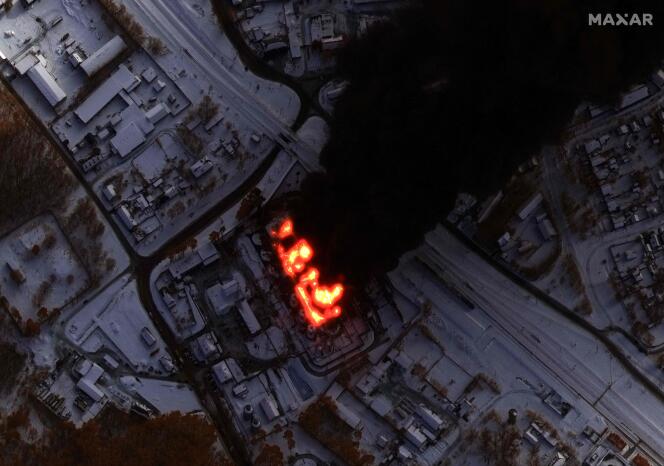


Fearing shortages and soaring prices, the Russian government has implemented a six-month ban on gasoline and diesel exports. This measure has been described as "necessary" to "help stabilize prices in the domestic market," according to Deputy Prime Minister Alexander Novak, in charge of energy.
Approved on Thursday, February 29, by Prime Minister Mikhail Mishustin, the ban will last from March 1 to September 1. According to the decree, however, Russian exporters can continue to supply the Eurasian Economic Union (Belarus, Kazakhstan, Kyrgyzstan), Mongolia, Uzbekistan as well as South Ossetia and Abkhazia, two Georgian regions economically dependent on Moscow.
Such a restrictive measure may come as a surprise. As the world's third-largest oil producer, Russia should be safe from any fuel shortages. By putting the brakes on exports, the government, which has insisted on the "temporary" nature of the ban, hopes to keep prices afloat at a time of rising demand. The upcoming sowing season, the war in Ukraine, which uses up a lot of gasoline and diesel to power tanks, armored vehicles and missile batteries, and the railroads overwhelmed by the transport of troops and military equipment have sent prices soaring, by 8% to 23%, according to Russian sources.
There's another problem: As Russia's invasion of Ukraine enters its third year, the Ukrainian army is trying to affect the enemy's refining capacity and with some success. Since January, Kyiv has stepped up its drone attacks on the country's refineries. According to Bloomberg, six major Russian refineries, accounting for 18% of total Russian crude oil refining alone, recently suffered significant damage after being the target of drone attacks.
On February 3, the oil refinery of the private company Lukoil in Volgograd, the largest producer of petroleum products in Russia's Southern Federal District, was damaged by drones. The ensuing fire destroyed several installations and part of the production cycle had to be halted. On January 29, a similar attack affected the Lukoil refinery in Nizhny Novgorod. Four days earlier, it was the turn of Rosneft's oil refinery at Tuapse, in the Krasnodar region on the Black Sea. After suffering heavy damage, it is currently under repair. On the night of January 21, the Novatek terminal in the port of Ust-Luga was hit by drones and caught fire. And on January 19, a fire following a drone attack damaged Rosneft's Bryansknefteprodukt oil depot in Klintsy, Bryansk region.
You have 30.61% of this article left to read. The rest is for subscribers only.
